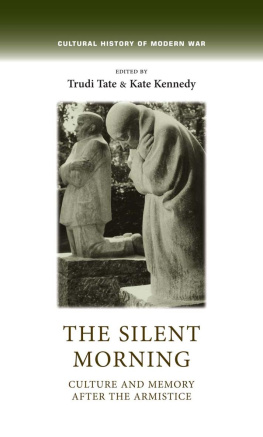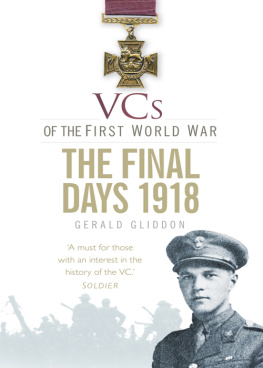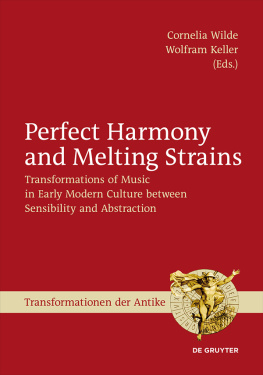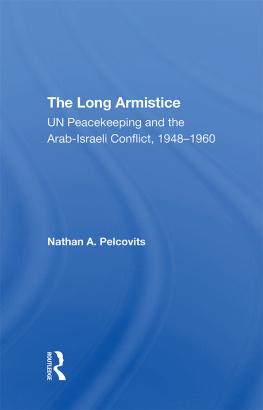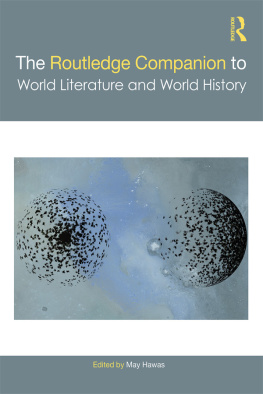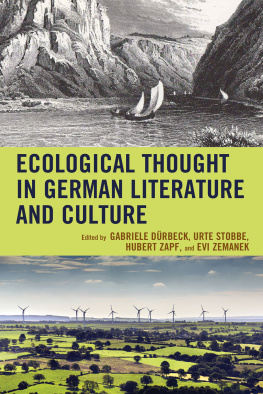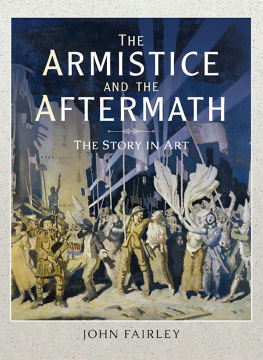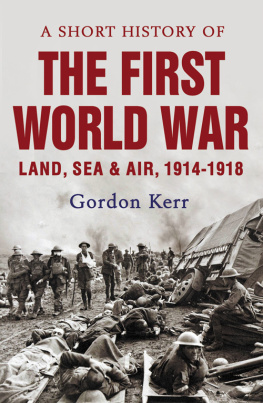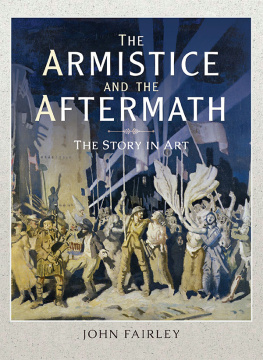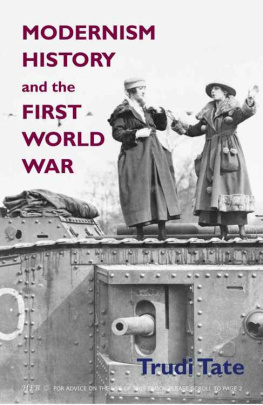The silent morning
Cultural History of Modern War
Series editors Ana Carden-Coyne, Peter Gatrell, Max Jones, Penny Summerfield and Bertrand Taithe
Already published
Julie Anderson War, disability and rehabilitation in Britain: soul of a nation
Rachel Duffett The stomach for fighting: food and the soldiers of the First World War
Christine E. Hallett Containing trauma: nursing work in the First World War
Jo Laycock Imagining Armenia: Orientalism, ambiguity and intervention
Chris Millington From victory to Vichy: Veterans in inter-war France
Juliette Pattinson Behind enemy lines: gender, passing and the Special Operations Executive in the Second World War
Chris Pearson Mobilizing nature: The environmental history of war and militarization in Modern France
Jeffrey S. Reznick Healing the nation: soldiers and the culture of caregiving in Britain during the Great War
Jeffrey S. Reznick John Galsworthy and disabled soldiers of the Great War: with an illustrated selection of his writings
Michael Roper The secret battle: emotional survival in the Great War
Penny Summerfield and Corinna Peniston-Bird Contesting home defence: men, women and the Home Guard in the Second World War
Wendy Ugolini Experiencing war as the enemy other: Italian Scottish experience in World War II
Colette Wilson Paris and the Commune, 187178: the politics of forgetting
Laura Ugolini Civvies: Middle-class men on the English Home Front, 191418
http://www.arts.manchester.ac.uk/subjectareas/history/research/cchw/
The silent morning
Culture and memory after the Armistice
EDITED BY TRUDI TATE AND KATE KENNEDY
Manchester University Press
Manchester and New York
Distributed in the United States exclusively by Palgrave Macmillan
Copyright Trudi Tate and Kate Kennedy 2013
While copyright in the volume as a whole is vested in the editors, copyright in individual chapters belongs to their respective authors, and no chapter may be reproduced wholly or in part without the express permission in writing of both author and publisher.
Published by Manchester University Press
Oxford Road, Manchester M13 9NR, UK
and Room 400, 175 Fifth Avenue, New York, NY 10010, USA
www.manchesteruniversitypress.co.uk
Distributed in the United States exclusively by
Palgrave Macmillan, 175 Fifth Avenue, New York,
NY 10010, USA
Distributed in Canada exclusively by
UBC Press, University of British Columbia, 2029 West Mall,
Vancouver, BC, Canada V6T 1Z2
British Library Cataloguing-in-Publication Data
A catalogue record for this book is available from the British Library
Library of Congress Cataloging-in-Publication Data applied for
ISBN 978 0 7190 9002 8
First published 2013
The publisher has no responsibility for the persistence or accuracy of URLs for any external or third-party internet websites referred to in this book, and does not guarantee that any content on such websites is, or will remain, accurate or appropriate.
Typeset in Minion by
Servis Filmsetting Ltd, Stockport, Cheshire
Thanks to John Pegum whose work on Parades End and the Armistice was the original inspiration for this book
For Rosa, Theo and Emilia
Contents
Introduction: This grave day
Trudi Tate and Kate Kennedy
1 The parting of the ways: The Armistice, the silence and Ford Madox Fords Parades End
John Pegum
2 Alfred Dblins November 1918: The Alsatian prelude
Klaus Hofmann
3 A strange mood: British popular fiction and post-war uncertainties
George Simmers
4 Fighting the peace: Two womens accounts of the post-war years
Alison Hennegan
5 King Baby: Infant care into the peace
Trudi Tate
6 What a victory it might have been: C. E. Montague and the First World War
Andrew Frayn
7 The Bookman, the Times Literary Supplement and the Armistice
Jane Potter
8 Misunderstood mainly because of my Jewishness: Arthur Schnitzler after the First World War
Max Haberich
9 Leaping over shadows: Ernst Krenek and post-war Vienna
Peter Tregear
10 Silence recalled in sound: British classical music and the Armistice
Kate Kennedy
11 Sacrifice defeated: The Armistice and depictions of victimhood in German womens art, 191824
Claudia Siebrecht
12 Remembering, we forget: British art at the Armistice
Michael Walsh
13 Indecisive victory? German and British soldiers at the Armistice
Alexander Watson
14 Mixing memory and desire: British and German war memorials after 1918
Adrian Barlow
List of illustrations
Notes on contributors
Adrian Barlow was formerly Director of Public Programmes and Lecturer in English at the University of Cambridge Institute of Continuing Education. Now President of the English Association, his publications include The Great War in British Literature (2000), World and Time: Teaching Literature in Context (2009) and Extramural: Literature and Lifelong Learning (2012).
Andrew Frayn teaches at the University of Manchester. He is currently completing a monograph, Writing Disenchantment: British First World War Prose, 19141930, and has published on Richard Aldington and Ford Madox Ford. He is secretary to the Ford Madox Ford Society and editor of the New Canterbury Literary Society (Richard Aldington) Newsletter.
Max Haberich completed his PhD at Clare Hall, University of Cambridge, working in the Department of German on Arthur Schnitzlers and Jakob Wassermanns sense of German-Jewish identity. He has articles on Schnitzler in the journals Central Europe (2012) and Journal of Austrian Studies (2013).
After a career in literary journalism, publishing and broadcasting, Alison Hennegan has returned to the academic world and is a Fellow of Trinity Hall, Cambridge. Recent publications include Fit for Heroes: Bliss, Britten and Requiems, First World War Studies, 2, 2 (2011) and A Sermon for Remembrance Sunday, Theology (November 2012).
Klaus Hofmann is a retired professor of English Literature at the Goethe University, Frankfurt. Recent publications include articles on literary aesthetics, Keats, Adorno, Dblin and Malthus.
Kate Kennedy has a PhD from Clare Hall, Cambridge and is a Research Fellow at Girton College, Cambridge. She works on the relationship between music and literature and has published articles on Ivor Gurney, A. E. Housman and Benjamin Britten. She has co-edited special issues of the Ivor Gurney Journal (2007) and First World War Studies (2011) on music and literature of the First World War. She is currently completing a biography of Ivor Gurney.
John Pegum

